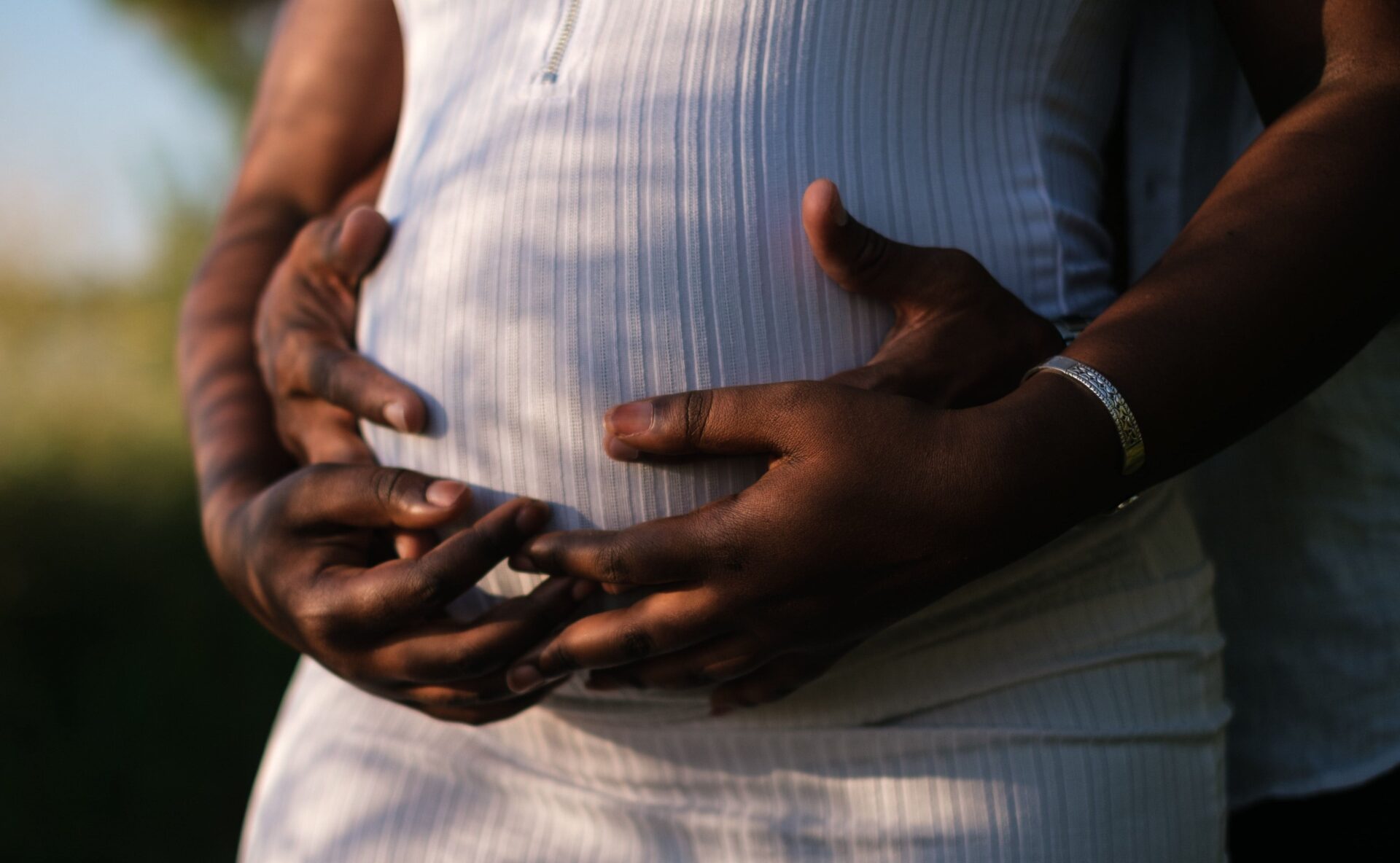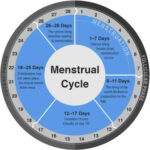The prospect of bringing another life into this world is both exciting and daunting at the same time.
For many people, taking responsibility for themselves is work enough, and now there’s another person going to be completely dependent on you?
In spite of this, many couples, brave the challenges and make the decision to get pregnant and bring forth a child. I mean that’s the only reason why I am here writing and you are reading, isn’t it?
Did you know, that up to 20% of ‘known’ pregnancies will terminate spontaneously?
The stats are actually closer to 50% if you consider all pregnancies, both known and unknown. A significant majority of these miscarriages (3 out of 4) will occur in the first trimester and there are a myriad of reasons why this is so.
Generally, first trimester miscarriages are due to problems with the foetus itself, either due to chromosomal abnormalities or poor implantation site or malformation of the placenta. Any situation or condition that increases the likelihood of these occurrences will increase the risk of a miscarriage.
In this article we will learn about 5 factors that increase the risk of first trimester miscarriages among pregnant women.
1. Age of woman and or man or both
 Until recently, a lot of attention had been given to the effect of age of women at conception on the viability of the foetus. It is already well established that the risk of miscarriage increases as the age of the woman increases. Miscarriage rates among women under 30 is 1 in 10 pregnancies, while that among women over 45 is 5 in 10.
Until recently, a lot of attention had been given to the effect of age of women at conception on the viability of the foetus. It is already well established that the risk of miscarriage increases as the age of the woman increases. Miscarriage rates among women under 30 is 1 in 10 pregnancies, while that among women over 45 is 5 in 10.
Over the past decade, however, research has focused on the male partner. It is now known that the age of the father is an independent predictor of the risk of miscarriage. The older the male partner the higher the likelihood of a miscarriage. This means that the ages of both partners play a key role in the viability of the foetus that forms.
2. Infection
Severe illness at any point in pregnancy is a risk factor for miscarriage, preterm labour and/or preterm delivery, more so in the early pregnancy when the body is still undergoing changes to accommodate the new resident(s) in the womb. In our part of the world, malaria is the biggest culprit. This coupled with the delay in starting antenatal makes a ripe combination for a pregnant woman to miscarry. Most women start antenatal after the first trimester. Which means that during the period that they need the most attention, they don’t receive it. Early start of antenatal is definitely a key in reducing the risk of miscarriage.
3. Obesity
 Women who are obese have an increased risk of pregnancy loss at all stages of pregnancy. The risk of miscarriage and pregnancy loss before the first liveborn child is 25-37 % higher in obese women compared to non obese women. Even after birth the new born of an obese mother is still at a higher risk of dying and therefore may end up staying in hospital longer.
Women who are obese have an increased risk of pregnancy loss at all stages of pregnancy. The risk of miscarriage and pregnancy loss before the first liveborn child is 25-37 % higher in obese women compared to non obese women. Even after birth the new born of an obese mother is still at a higher risk of dying and therefore may end up staying in hospital longer.
Obese women are at risk of developing gestational diabetes due to the effects of obesity on insulin sensitivity and this could result in an increase risk of foetal malformations and chromosomal abnormalities leading to the pregnancy losses. Gestational hypertension, preeclampsia and eclampsia are also more likely in an obese woman and could result in pregnancy loss.
4. Smoking
 Tobacco smoking introduces chemicals that are directly harmful to the developing foetus. Smoking also damages blood vessels and the placenta, which usually develops later in the first trimester, resulting reduction in the blood flow to the foetus. All these will result in a higher risk of pregnancy loss in women who smoke during pregnancy. Conversely, if a pregnant woman stops smoking as soon as she becomes pregnant, the risk of pregnancy loss drops as compared to the women who continue smoking.
Tobacco smoking introduces chemicals that are directly harmful to the developing foetus. Smoking also damages blood vessels and the placenta, which usually develops later in the first trimester, resulting reduction in the blood flow to the foetus. All these will result in a higher risk of pregnancy loss in women who smoke during pregnancy. Conversely, if a pregnant woman stops smoking as soon as she becomes pregnant, the risk of pregnancy loss drops as compared to the women who continue smoking.
5. Alcohol and other recreational drugs.
For many women, they only become aware that they are pregnant when they miss their period, by which time the foetus is at least 2 weeks old. This means that if the woman was indulging in alcohol, or recreational drug use, or even prescription medication that are toxic to the foetus, that baby is very likely to be lost, or develop complications as a result of the exposure to these agents.
Inasmuch as we have little control over the majority of miscarriages, it is important that we do our part to minimize the risk as it pertains to us individually. Reducing or stopping alcohol intake and smoking, while trying to maintain a healthy weight are a few of the habits that correlate with a positive pregnancy outcome.

References:
NHS, CDC, NIH






